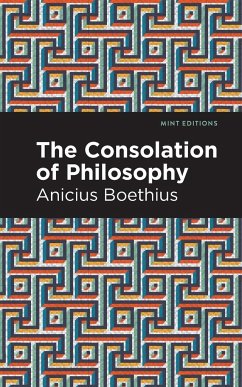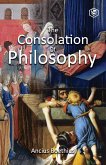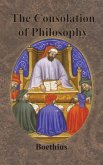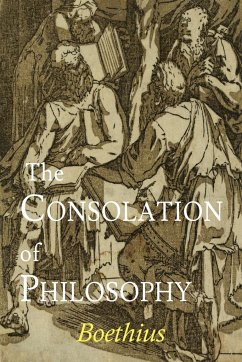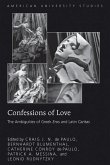A conversational text that addresses many philosophical concepts as well as Western religion by questioning good versus evil and the unnecessary suffering of innocent people. Anicius Boethius draws from his own experiences to illustrate these spiritual and ethical struggles. In The Consolation of Philosophy the author engages in a figurative discussion with Lady Philosophy, a type of teacher. Through their exchange, he poses serious questions regarding the existence of God and human nature. He also acknowledges his own dire circumstances, contemplating the hardships and trauma. Many counterpoints are tied to ideals such as the Wheel of Fortune, highlighting inconsistent and often unfair outcomes. He also focuses on the importance of intangible gifts such as love and intelligence. The Consolation of Philosophy is an honest analysis of the nature of happiness. It forces the reader to face hard truths about their wants versus needs. It's a sobering examination of the unpredictable structure of life. With an eye-catching new cover, and professionally typeset manuscript, this edition of The Consolation of Philosophy is both modern and readable.

